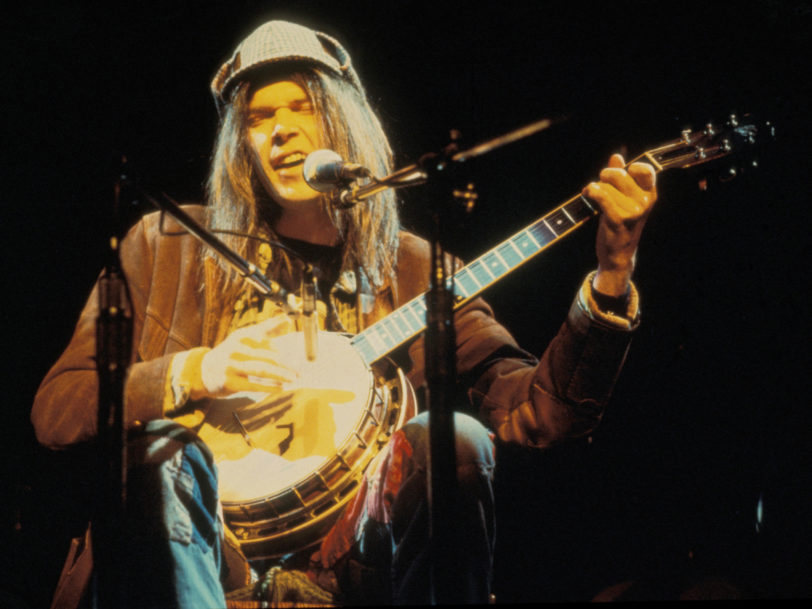In the age of social media, it has become fashionable for individuals to comment on politics, but controversial for musicians to do so. Told, more often than not, to “stick to what you’re good at”, it’s almost as if music and politics have come to be viewed as mutually exclusive, despite the fact that the relationship between the two has a history that stretches back for decades. The protest song has a long, proud tradition of calling people to arms and maintaining a record of social injustice.
Music and politics: a match made in…
The specific link between music and politics has long been accepted by politicians. Election battlegrounds around the world frequently see politicians tussling over appropriate campaign music. The journalist John Street noted that in 2001, the UK election had been the subject of numerous articles examining the song choices of political parties. Street’s initial conclusion – that “musical taste was a mark of political credibility” – gave way to a more nuanced view that music, long censored in more repressive states, has a “capacity to provoke a political response” and that “the pleasures of music are part of its politics, not an incidental feature of them”.
This is not to say that all music is, or must be, political (even if it does reflect the prevailing politics of the time). Clearly some artists are content to make music purely as a form of escapism, while others are even vocal in music and politics should never mix. Heavy metal agitator Rob Zombie, whose career in film and music indulges the fantastic, has regularly gone on record to state that politics is not something he’s willing to discuss in public – “There’s nothing that annoys people more than actors or musicians being political,” he told San Francisco Examiner in 2013. Such escapism is an essential facet for entertainment and, as Freud is apocryphally supposed to have uttered, sometimes a cigar really is just a cigar. Nevertheless, for many artists, music is a powerful lens through which to view (and attempt to change) society.
The greatest protest song ever?
Neil Young, for example, may have proved mercurial in his politics, but there is nothing left to the imagination in the haunting Ohio, a song written in reaction to the Kent State shootings and performed by Crosby, Stills, Nash And Young. Unequivocal in its condemnation of then President Richard Nixon, the song was embraced by the counterculture of the time and was considered so subversive that it was banned by numerous of radio stations.




